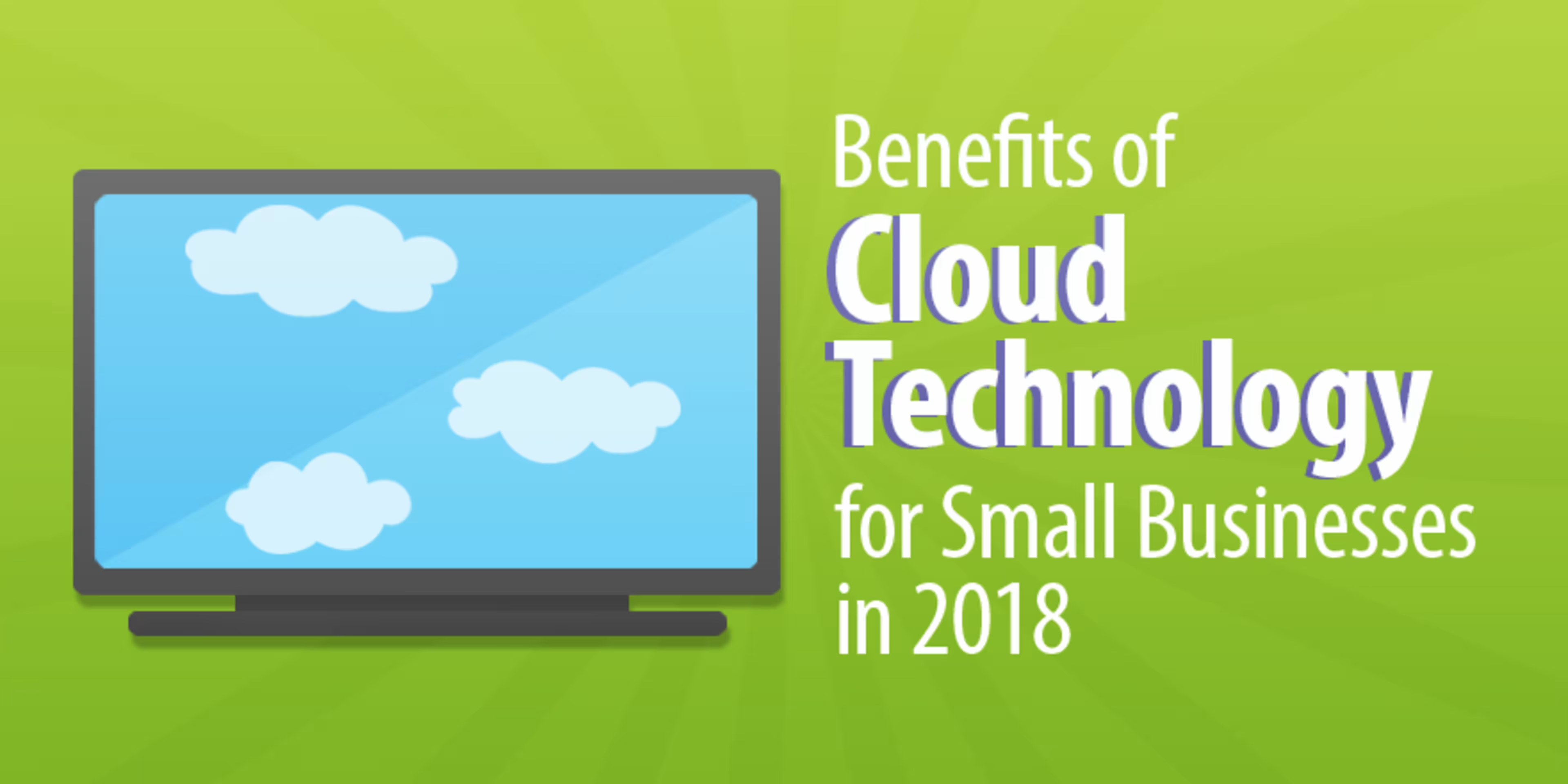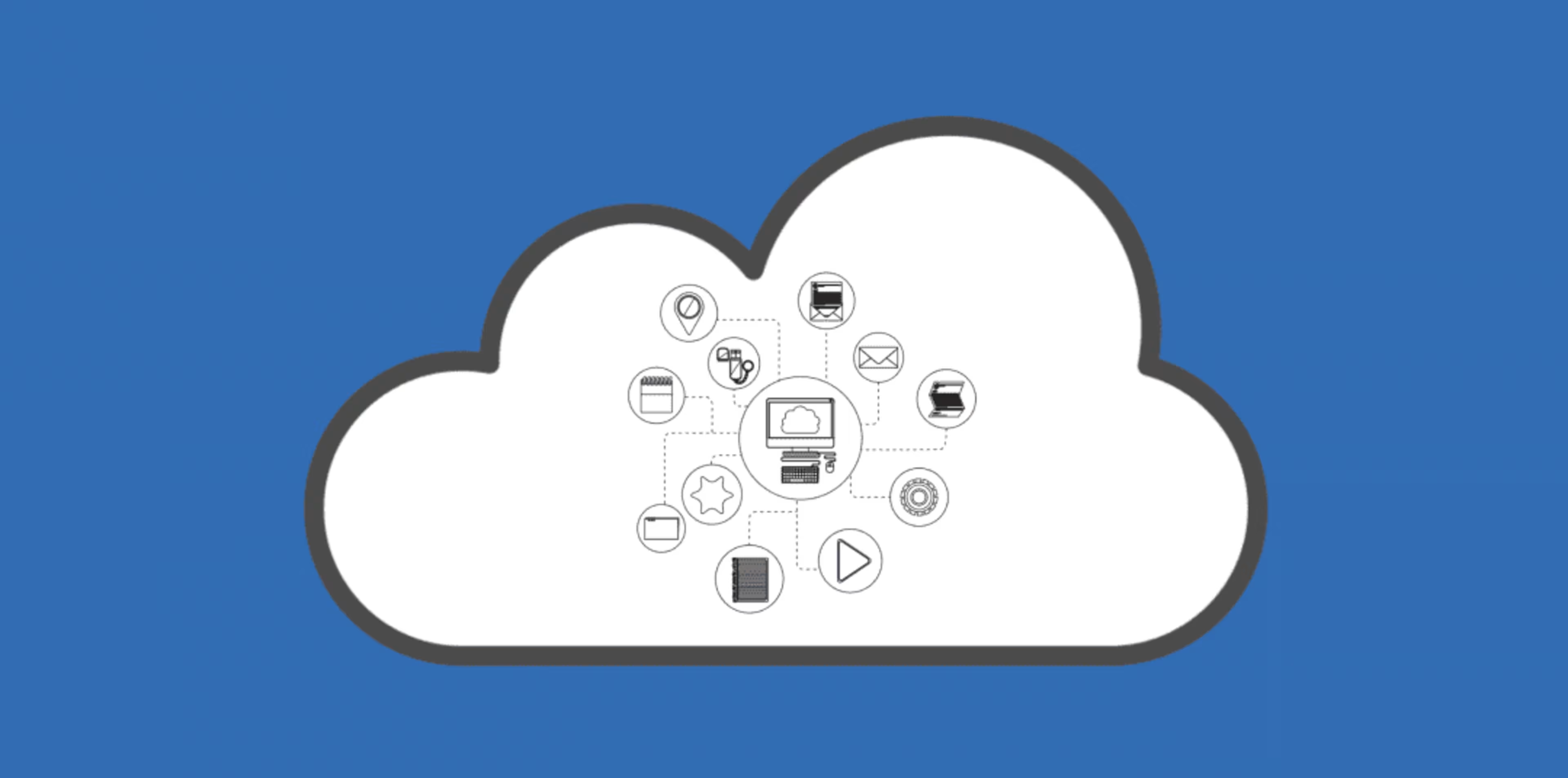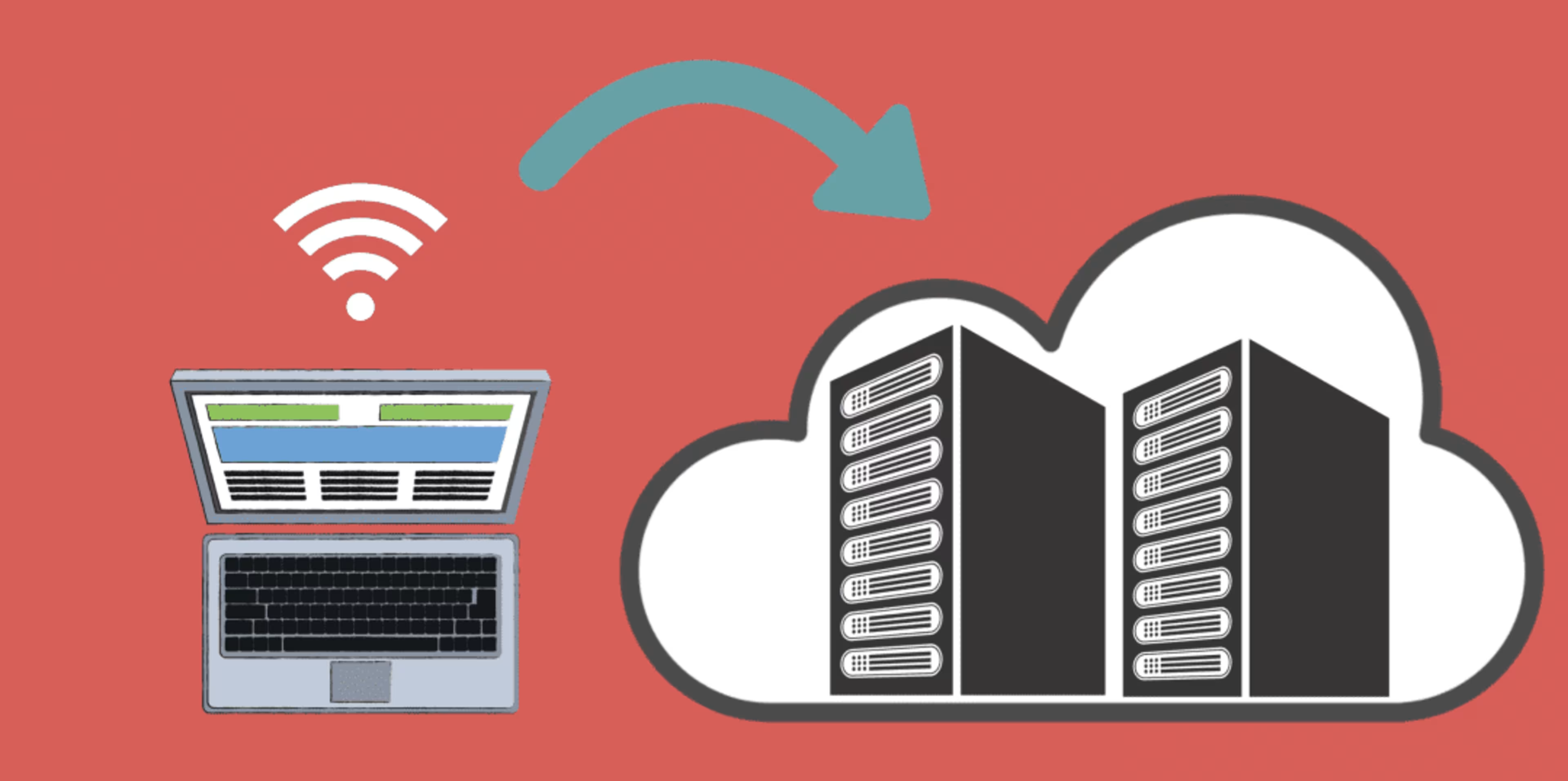If you're not using cloud technology, you're already behind.
Data from a recent Gartner survey shows that 62% of small and midsize businesses are already using cloud computing, while 33% are either planning on implementing the technology or evaluating how it could best be used by their organization.1
While I'm not suggesting that you commit to the cloud just because almost everyone else has, I am suggesting that the cloud could provide a number of benefits, especially for small businesses.
Now that the security concerns surrounding the cloud's early days have mostly abated and the technology has matured, businesses are leveraging the benefits of the cloud for all kinds of creative purposes. Cloud technology has already contributed to massive growth across hundreds of sectors, most notably enabling the rise of AI, the internet of things (IoT), and massive-scale information processing and storage on remote servers.

According to Jesse Nieminen, co-founder and chairman of Viima, a management software company, we're at the point where, “the cloud is just like electricity a hundred years ago. It makes everything much more efficient and is an exponential enabler for the majority of the technologies of the future."
But just because cloud technology is “the new electricity" doesn't mean you should adopt it without a specific business strategy in mind. To help you formulate your business case for the cloud, I've outlined five innovative benefits of cloud technology for your organization.
The cloud for small business
The cloud has opened more than a few doors in the small business sector, providing the capability for massive information processing tasks for companies of all sizes. The myriad ways companies are using the cloud's potential speaks to the versatility of the technology.
These are five of the biggest ways companies can benefit from using cloud technology in 2018.
1. Scaling infrastructure

Scaling cloud-based infrastructure is one of the fastest growing applications of cloud technology in 2018.
Web-based commerce, for example, has inherently unpredictable server loads, and an unexpected spike in popularity carries the potential to overload traditional servers, cutting off your customers' access at the most critical moment. With scaling cloud-hosted infrastructure, failover systems can automatically kick in if the host server becomes overloaded.
How your small business benefits: Cloud-based data infrastructure is efficient, inexpensive, and responsive to demand. By paying only for the server load you need, your costs for data management can scale with use, providing the most economical solution for small businesses. The technology has made paying for massive local server space an obsolete practice.
2. Cloud-based office systems

In 2018, nearly every business is exploring collaborative work environments. Cloud-based office platforms such as Google's G Suite and Microsoft Office 365 provide better support for group-based projects than traditional programs by allowing multiple users to work simultaneously, with all changes reflected in real-time across an unlimited number of devices.
How your small business benefits: “Living documents" on cloud-based office systems reflect changes by all users instantly, allowing a fundamental shift in collaboration between employees.
These digital workspaces also significantly reduce the responsibilities of IT professionals in infrastructure management, freeing up time and resources for big picture projects such as data analysis. If your business is still emailing document files back and forth, transitioning to a platform such as G Suite can significantly improve efficiency.
3. Remote workspaces

Cloud-based office systems also drive location-independent office environments. The ability to collaborate over cloud services allows employees the flexibility and support to work remotely or to continue projects while away on conferences and trips. Other cloud-hosted services such as Skype keep lines of communication open between collaborating groups and managers.
How your small business benefits: Telecommuters help businesses circumvent many costs associated with brick-and-mortar workspaces. Cloud technology also breaks down social barriers for individuals with small children or a disability, providing a foundation for a more inclusive workforce.
By 2020, experts estimate that nearly three-quarters of the workforce will work remotely, fundamentally transforming business infrastructure. By implementing remote workspace possibilities now, your business can get ahead of your competitors.
4. Big data analytics

In 2018, more small businesses are beginning to utilize big data. Cloud computing gives them the processing power necessary to organize and use large quantities of data. Most small business owners overestimate the technical challenges associated with big data analytics, but the effort you'll put forth will be worth it.
The ability to make better decisions based on deep customer data offers big advantages, such as delivering more relevant information to your customer base in a more timely manner or adjusting to customers' wants and needs in real time.
How your small business benefits: More companies are shifting their focus to user-friendly data analytics interfaces, bypassing many of the costs associated with analyzing such large quantities of information. Open-source platforms such as Hadoop and HPCC put these tools in the hands of small businesses and facilitate cloud-based computing to handle the heavy lifting.
Experts recommend around 500 Mbps for constant cloud-based computing. That enables small businesses to invest in faster internet speeds as opposed to relatively inefficient investments in server capacity and hardware, which could save you money in the long run.
5. Backups and recovery

Information security continues to be a major hurdle for small businesses. Threats evolve quickly, and a complete defense of critical infrastructure is often beyond the capabilities of a small IT workforce. In a 2017 survey conducted by the Better Business Bureau, only 35% of businesses said they could remain profitable for more than three months if they lost access to critical data.
How your small business benefits: Cloud-based data storage helps address security concerns by building redundancy into a company's information management approach. Hybrid systems that back up local data to the cloud in real time offer protection against security breaches, allowing companies to reduce their reliance on physical infrastructure and manual backups.
How will your small business benefit from cloud technology?
Businesses large and small have a history of adapting to new technology environments, and cloud technology will be no different. While there are significant challenges and learning curves, the potential benefits offered by cloud technology in 2018 are driving a new baseline for information technology.
As illustrated by some of the benefits I've outlined above, cloud technology has the potential not just to improve information storage and security, but also the way we work with each other and the accuracy with which we make business decisions.
It's up to you to set your business up for success, and I've given you five ways you can use cloud technology to do just that. Is your small business using or planning to use cloud technology? If so, what are the benefits you're seeing or plan to see from it? Let me know in the comments below!
Additional resources
5 Assumptions You Should Stop Making About Migrating to the Cloud
Capterra's cloud management software directory